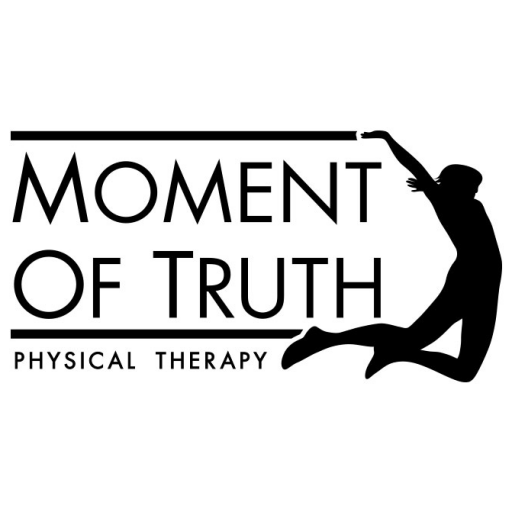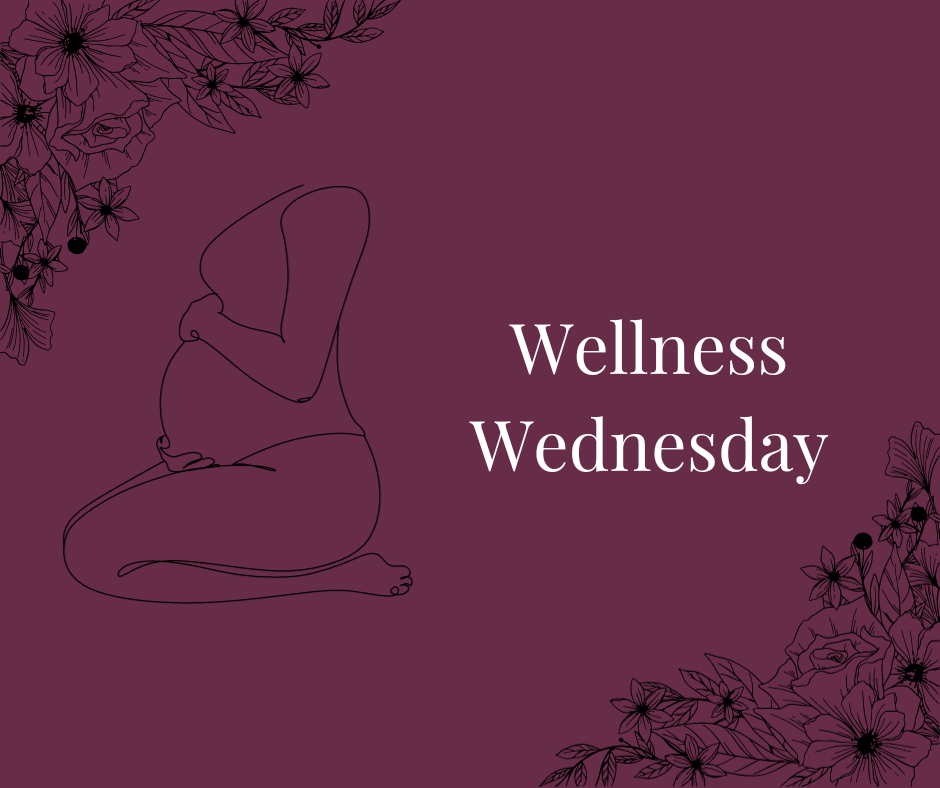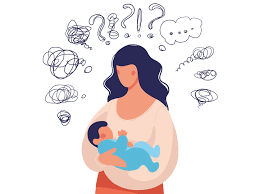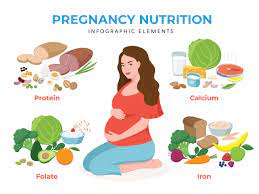Hey MOT Fam – This is Bailey, the doctoral physical therapy student on clinical rotation here at MOT and I want to discuss a research topic of interest that I find will be beneficial to our clientele here at MOT. In this post, we will be talking about Postpartum depletion (PPD), not to be confused with post partum depression that often uses the same acronym, and how it is effected and caused by nutrition deficiency and how there may be an increase in the risk for autoimmune disease (AID).
Due to the lack of credible, valid and statistically accurate research studies on this topic, we are going to break down this idea into bits and pieces relating PPD to nutrition, PPD to autoimmune disease, and autoimmune related to nutrition to find out what may be going on in your body postpartum.
Postpartum Depletion
With PPD, you may experience feeling exhausted, overwhelmed, anxious, have low energy levels, brain fog etc. When looking into the cause and effect of PPD, I noticed that a common theme tied in was nutritional depletion that exacerbated PPD as well as the exacerbation and risk for autoimmune disease during postpartum recovery.
Nutrition Deficiency: Pregnancy and Postpartum
Throughout the course of pregnancy, the mother’s body will pass vital nutrients to the growing baby through the placenta. This process will be continuous following birth while the mother is breastfeeding. Essential nutrients such as iron, zinc, vitamin B12, B9, iodine, selenium, omega 3 fatty acids and amino acids from proteins are leaving the mom’s body to support the baby during gestation. A study found that mom’s brain may actually shrink during pregnancy (1). Another study done tracking nutrient intake during pregnancy and postpartum found a link between low consumption of key nutrients and gestational development (). For example,
It is becoming more common to see women not getting the support they need emotionally, nutritionally and hormonally following pregnancy and delivery which can increase their risk of PPD. Therefore, it is key for pregnant mothers to consider proper nutrient intake during and following pregnancy which includes the restoring of both micro and macronutrients following delivery. Some suggestions are…
Autoimmune Disease & Postpartum?
You might be wondering…how is autoimmune disease related to postpartum depletion or pregnancy and postpartum in general? It is believed and suggested by some that the risk for autoimmune disease may be increased for postpartum women. A study done back in 2018 observed the risk of autoimmune diseases in postpartum patients and how it is much more common than what we all may initially have thought. From this study they looked at postpartum mothers aged (25-34). Out of the 2,707 women enrolled in the study, about 469 patients were diagnosed with an autoimmune disease. Of those 469 patients, ). That is a significant number of women whether they suffer from PP Depression or not who were found to have been diagnosed with a new autoimmune disease following pregnancy.
The authors concluded that women with PP Depression had a significantly higher risk of having an autoimmune disease in the future, with the highest risk of having rheumatoid arthritis, Grave’s Disease/thyroid issues and pernicious anemia. Research suggests that this risk may be highly due to the dramatic changes and shifts in hormones occurring during and after pregnancy. It is common for an AID to arise from abnormal immune responses and fluctuation of hormones in the body (3). Women are more prone to develop an autoimmune disease over men and there was a significant increase in risk in mother’s within one year of delivering a baby.
An interesting thought from this study was that women who already have an AID pre-pregnancy, may actually see an “amelioration of their disease while pregnant”(3). This idea should still be further examined as other studies have suggested and seen an exacerbation of AID during pregnancy.
To bring everything full circle, there is also a connection between risk of autoimmune disease due to nutritional depletion/poor diet. The increase of AID may be partly due to the increase in industrial food additives that as a result “break the human epithelial barrier function allowing the passage of toxins, food antigens and bacteria into the gut” (4).
The passage of such toxins can lead to the “degradation of the intestinal mucin layer” thus leading to a “leaky gut.” Not only does a leaky gut cause severe inflammation but it can also cause the malabsorption of key micro and macronutrients leading to nutritional depletion. Nutritional deficiency can “deregulate your immune system” along with the consumption of excessive amounts of saturated fats and refined foods can lead to inflammation and be a risk factor for autoimmune diseases like MS and RA (4).
We covered a lot in this week’s blog post but it is a big topic that should be researched and discussed more. Not much is known about the exact physiological effects that occur during pregnancy and postpartum that lead to increased risk of autoimmune disease and exacerbation of PPD and there is a lack of research to discuss this topic. Whether you experienced PPD or are just learning about it now hopefully this blog post serves you as an educational piece to bring awareness to this concept, spark conversation and address the correlation between postpartum depletion, nutrition and risk for autoimmune disease.
Wishing you all a happy and healthy week ahead. Cheers!
– Bailey





0 comments